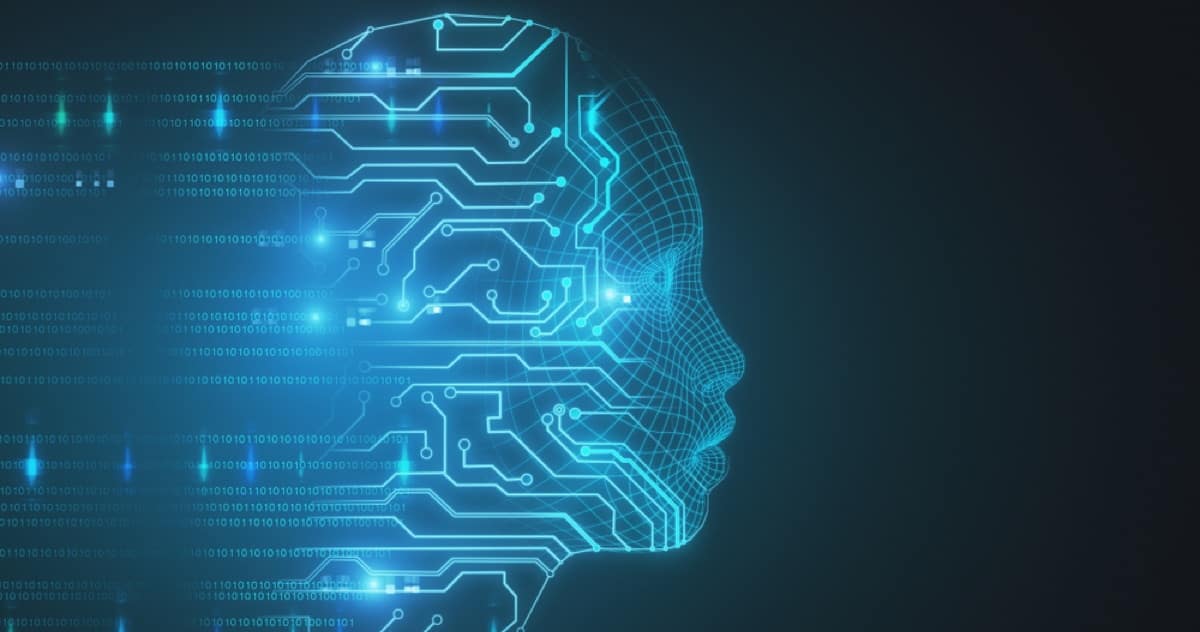Introduction:
As artificial intelligence (AI) becomes increasingly prevalent in our daily lives, researchers anticipate that AI interactions will be more personalized, enhancing convenience and overall experiences. While AI has seamlessly integrated into various aspects of our lives, experts compare its current stage of development to the early days of cellphones, acknowledging the need for further improvement.
Living with AI:
AI has become an essential part of our lives, governing our Internet-connected devices and making our daily routines more convenient. From voice assistants to smart appliances, AI has brought efficiency and ease to our homes. However, researchers recognize that AI is still in its early stages and has room to mature.
Advancing AI Technology:
Dedicated researchers are actively working on developing lightweight AI software that can operate on small devices like wearables and kitchen appliances. The objective is to seamlessly integrate AI into our daily lives, making it more accessible and widespread. With continued progress in AI technology, we can expect further integration and enhanced convenience in various areas.
Personalized Interactions:
One future direction for AI is the evolution of chatbots into conversational agents that can learn our habits, preferences, and even display distinct personalities. These AI companions would provide personalized interactions, making them more relatable and helpful. However, concerns about highly intelligent machines taking control remain confined to science fiction for now.
Addressing Privacy Concerns:
Since AI relies on data for learning and decision-making, privacy concerns naturally arise. Researchers are actively exploring methods such as federated learning and encryption to balance data utilization with individual privacy protection. Implementing these techniques allows AI to advance while respecting individuals' privacy rights.
Enhanced Safety and Well-being:
The integration of AI-powered sensors holds great potential for revolutionizing safety and well-being. These sensors would monitor our homes and vehicles, offering advanced security measures and ensuring personal safety. Additionally, ambient intelligence would detect changes in behavior, alerting caregivers to potential risks, particularly benefiting the well-being of older adults.
AI in Entertainment and Creativity:
AI has already made significant contributions to the entertainment industry. It provides personalized content recommendations, tailoring our viewing experiences. Moreover, AI enhances the quality of older films through restoration and remastering. Additionally, AI ventures into the realm of creativity by generating original music compositions and improving the overall streaming experience.
The Rise of AI Avatars:
Researchers are diligently working on creating realistic 2D avatars capable of real-time interactions, emotional expression, and contextually relevant gestures. These avatars have the potential to revolutionize education by providing personalized tutoring experiences. AI avatars would offer tailored guidance, creating a more effective and engaging learning environment.
AI Everywhere and Bridging the Gap:
Despite the immense potential of AI, a significant percentage of AI projects fail to materialize. Bridging the gap between AI concepts and practical implementation is crucial for widespread adoption. Open platforms, transparency, and scalable solutions play essential roles in democratizing AI and accelerating its adoption. Responsible development and collaboration are key to harnessing the full potential of AI.





0 Comments